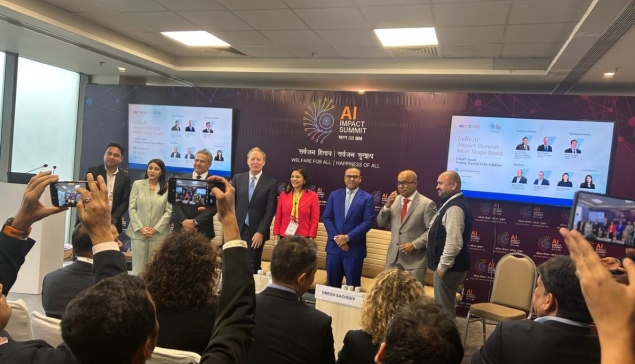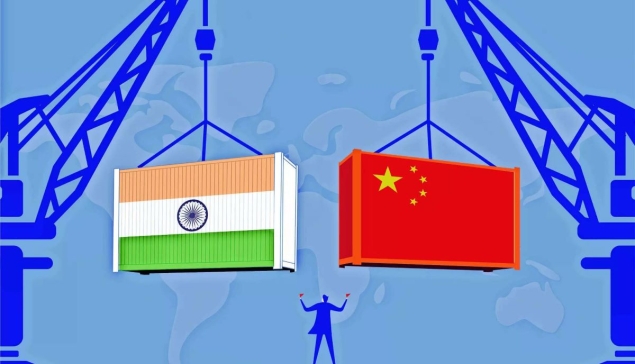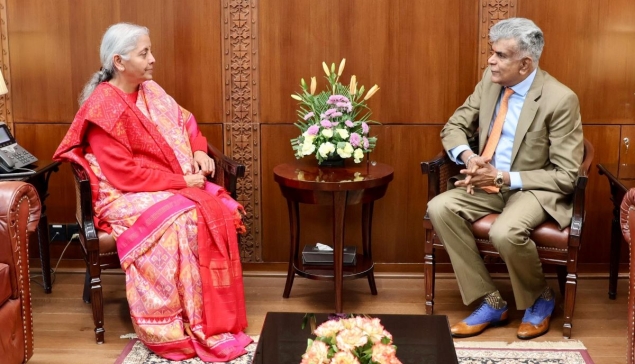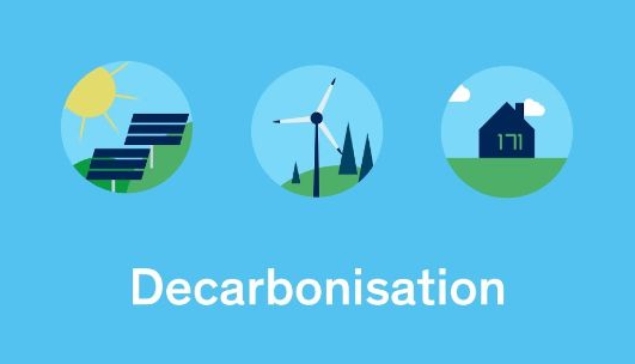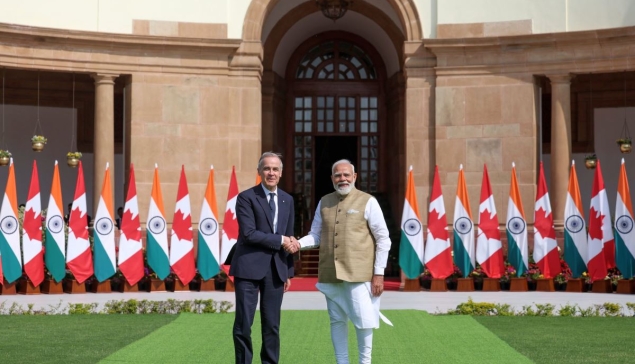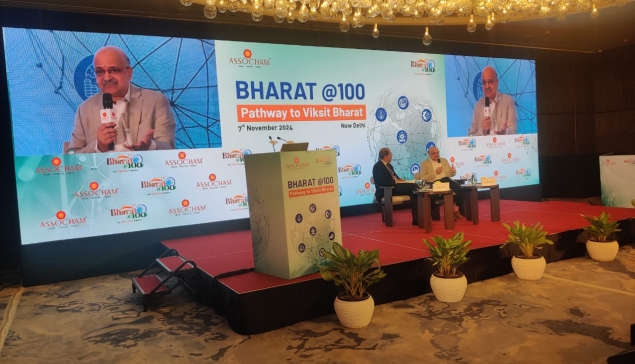The panel discussion held during one of the knowledge sessions at the Startup Mahakumbh 2025 currently underway at Pragati Maidan, New Delhi (India) featured distinguished dignitaries, including Mahaveer Singhvi, Joint Secretary, Ministry of External Affairs; Pankaj Jindal, Joint Secretary (TPL-II), CBDT; Ms. Bandana Priyashi, Secretary, Department of Industries, Government of Bihar; and Dr. Jitendra Kumar, Managing Director, BIRAC. The session was moderated by Ms. Ragini Kumar, Manager, Startup India.
Some of you here today—and perhaps even some of our budding startups in the audience—represent a truly bright future. I want to share a simple but powerful message: if you have a genuine innovation or a breakthrough idea, please share it with us. We’re committed to helping take these innovations beyond our borders.
We routinely circulate promising innovations—emerging from IITs, CSIR labs, other research institutions, even from the private sector—to a global audience. And we’ll continue doing that. So I urge all of you: if you believe your idea’s time has come, bring it to us. Let’s explore how we can amplify its impact.
India must build on its strengths. One of our biggest advantages is how quickly our people embrace technology. Technological innovation is not just happening—it needs to accelerate. We've already made significant strides in public service delivery. Take income tax reforms, for instance. The move to faceless assessment, seamless processing of returns, and paperless interactions was a huge step in trusting taxpayers—and it’s made the system far more efficient.
Now, ease of doing business and ease of governance must go hand-in-hand. While it has become easier, we must ensure it continues to evolve and scale.
This is a rapidly evolving sector. Trying to predict what it will look like in 2047 is nearly impossible. That’s why policy needs to stay ahead—anticipating needs before they become demands. Policymakers must continuously assess the ecosystem and adapt accordingly. Take Bihar, for example. We launched a startup policy in 2017, but by 2022, we realized it needed a complete refresh. That’s the pace of change—and we must keep up.
There are some foundational principles we believe in. First, deregulation. Bodies like BPIJ are working hard to eliminate redundant regulations—and I believe we’ll soon leave those behind. Technology adoption is another non-negotiable. Every policy document must account for it, and those implementing policy must be ready to adapt to new tools and trends.
But beyond systems and tools, we must keep our hearts in the right place. Especially for states like Bihar, we have a moral responsibility to include women, marginalized communities, and those typically excluded from opportunity. We can’t afford two Indias. Startups can be a bridge to unite them.
Let me give you an example. In Bihar, we have Jeevika—a large self-help group initiative for women. Post-COVID, with so many migrant workers returning, we brought in investors, local skills, and these women into one collaborative space. Together, they launched small businesses. In Muzaffarpur, they started producing bags. Investors saw potential and backed them. Today, Muzaffarpur is emerging as a hub of women-led entrepreneurship. It’s created jobs, retained local talent, and uplifted entire communities.
This is what sustainable, inclusive policymaking looks like. These are models we want to replicate across the state. Startups are growing at breakneck speed—and to support them, we’ve launched startup cells in every district. In fact, we now have two in each—46 in total.
Share Innovations—We’ll Help Amplify Impact
So if you have an idea, come to us. We’ll help you develop it. We’ll provide guidance. We’re ready to fund you. We’ve overcome the initial challenges—now we’re focused on scale and sustainability. As Jitendra ji mentioned, scaling and funding remain key hurdles, but we are working to address them.
To all the entrepreneurs and innovators from Bihar—wherever in the world you may be—I urge you: register with Startup Bihar. Join this movement. Come back and contribute to this incredible growth story. It will be rewarding—not just for the state, but for you as well.
Now, to truly translate the startup and innovation movement into national economic strength, we need two key policy interventions.
First, we must ensure that high-tech and biotech innovations don’t leave the country. Today, many innovators seek funding abroad or shift manufacturing outside India due to regulatory roadblocks or higher domestic costs. That’s a loss we can’t afford. We need policies that encourage innovation to thrive within India—with accessible capital, smoother regulations, and reduced production costs.
Second, for India to become a true manufacturing powerhouse, we must focus on reducing the cost of logistics and electricity. Initiatives like the PLI scheme and Gati Shakti Yojana are excellent starts. But we must go further.
And when we encourage manufacturing, we must allow companies—both Indian and multinational—to freely access global markets. Protectionist policies that require them to serve only the Indian market will only stifle growth. In today’s competitive world, we must be globally minded.
Let’s create a regulatory environment that fosters growth, not fear—one that supports both domestic innovation and international collaboration.
India has the talent. We have the ideas. Now we must create the right conditions for them to thrive.






